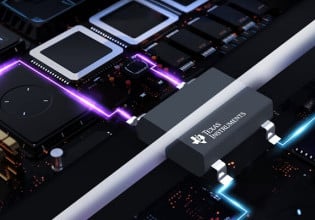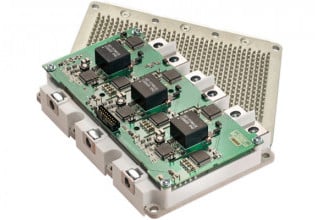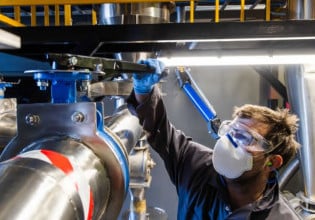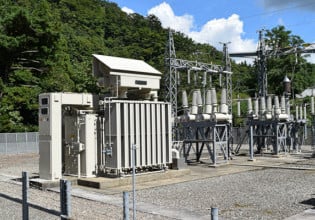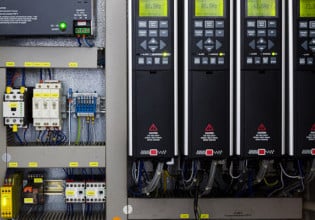PRBA Welcomes Expanded Industry Involvement in Standard-Setting Effort for Li-Ion Batteries
The Portable Rechargeable Battery Association (PRBA) announced the pledge by the IPC-Association Connecting Electronic Industries to bring stakeholders from across the battery industry into the IPC process to develop a standard for the manufacturing of lithium-ion batteries.
"PRBA has long supported the standard-setting process," said PRBA Executive Director George Kerchner. "Clearly, the IPC OEM Critical Components Committee understands the need to involve all levels of the lithium-ion cell and battery supply chain, as well as product manufacturers, in discussion about standards that would affect the manufacturing of these products," Kerchner added. At the same time, PRBA cautioned against duplicating longstanding, ongoing efforts to set lithium-ion battery standards. "The IPC said it would work with other groups immersed in developing lithium-ion battery standards," Kerchner said. "The IPC need not reinvent the wheel to set standards for lithium-ion batteries," he added.
For example, the IPC can benefit from considering current industry work on IEEE 1725, a standard for lithium-ion batteries used in cellular phones. Every major Japanese, Korean and Chinese lithium-ion battery manufacturer has participated in the IEEE 1725 process, along with product manufacturers. To date, those efforts have involved 29 days of meetings over a 21-month period. In drafting any standard, PRBA emphasized that lithium-ion batteries must be considered as part of a total system that includes how the batteries will be charged and discharged.
The PRBA is a trade association whose members include many of the world's leading manufacturers of rechargeable lithium-ion cells and batteries, portable computers, telephones, and other battery powered devices.


